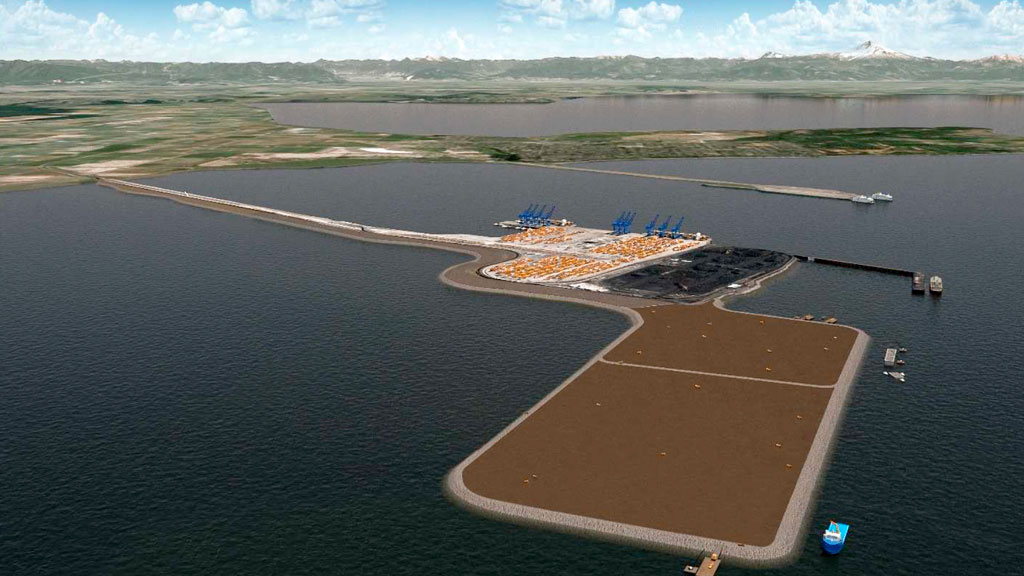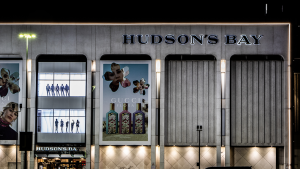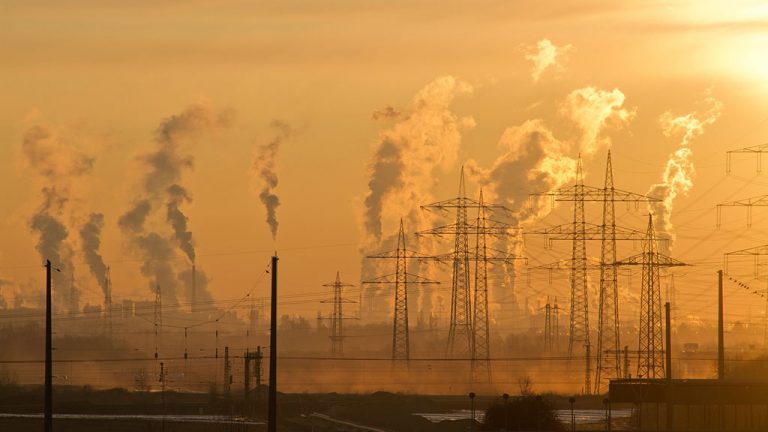Although the federal government has given the greenlight to building a massive, three-berth marine container terminal at Roberts Bank in Delta, B.C., a number of conservation groups represented by Ecojustice have launched a legal challenge that could throw a wrench into the works.
The David Suzuki Foundation, Georgia Strait Alliance, Raincoast Conservation Foundation and the Wilderness Committee, have filed an application for a judicial review in federal court, challenging the government’s decision to approve the Terminal 2 project under the Canadian Environmental Assessment Act.
The premise of the challenge is that the approval is unlawful because the government is allowing the terminal to be built although it will have significant adverse effects on Chinook salmon and result in the destruction of the legally protected habitat of Southern Resident Killer Whales.
The groups argue the project can not be deemed justified under environmental assessment legislation when it is contrary to another statute – the Species at Risk Act.
“The basic idea is that the government has approved this project while also admitting that it will have significant adverse effects on endangered Southern Resident Killer Whales and the Chinook salmon that they depend on, even with mitigation,” says Dyna Tuytel, staff lawyer at Ecojustice.
“Our position is that deciding the project is justified in light of those effects is contrary to the Species at Risk Act and some prohibitions and therein some requirements related to approving projects.”
We don’t think that the conditions are as strong as they can be and we don’t think that the outcome here is consistent with the law,
— Dyna Tuytel
Ecojustice
The Vancouver Fraser Port Authority (VFPA) provided the Journal of Commerce with a statement on the issue.
“We respect their right to voice their concerns about the project’s federal approval through a judicial review,” the VFPA said. “Having said that, we believe the project’s federal environmental review process – which took over a decade – was rigorous and that Roberts Bank Terminal 2 is critical for Canada.
“Since we’re in the early stages of the legal proceedings, we’re not in a position to say more at this time.”
However, Tuytel says the federal government has essentially decided the project will have adverse effects on the salmon and orcas but is justifying it due to its economic benefits.
“But their decision-making still needs to be consistent with their obligations under the Species at Risk Act.”
The project would be built on top of part of the Fraser River estuary which is an important habitat for salmon and would have cascading impacts on the whales that depend on them for survival, notes Tuytel. Simultaneously, there would be an increase in underwater noise and disturbance in an important area of critical habitat for the whales who gather at the mouth of the river.
Fisheries and Oceans Canada confirmed in a 2020 report by an independent federal review panel that the new terminal would lead to reduced Chinook salmon availability, more underwater noise from shipping traffic, and result in the destruction of critical habit for the whales. But despite the findings, the project was approved by the federal government in April.
The new terminal would substantially increase the size of the Port of Vancouver, which is already the biggest in Canada. The new terminal would provide an additional 2.4 million twenty-foot equivalent units of container capacity per year.
The VFPA is presently in the process of obtaining approvals for the work.
However, the conservation groups maintain if the feds are to address the biodiversity crisis and save the whales of the West Coast, and Chinook salmon they depend on, the project can not continue.
She notes the law obligates the government to ensure feasible measures are in place to protect the whales before approving harmful industrial projects, and it does not allow for destruction of their critical habitat.
Throughout the environmental assessment, she says, it was the position of the conservation groups that the adverse effects on the salmon and whales could not be mitigated. Meanwhile, they were also pushing for conditions of mitigation to be as strong as possible in the event the project was approved.
“Now, looking at this approval and these conditions, we don’t think that the conditions are as strong as they can be and we don’t think that the outcome here is consistent with the law,” she says. “So legally, what we’re asking for in the court is to overturn the approval and send it back to the decision-maker so that they can try to remake the decision in a way that is consistent with the law.”
The next step in the proceedings is for the two sides to exchange evidence which will typically be followed by an out-of-court cross-examination and eventual exchange of written arguments. A hearing would then be scheduled and it would be up to the court to decide on a potential ruling.
“Potentially we could get to a hearing by the end of this year but it’s looking like it might be into early 2024,” says Tuytel.







Add to that the Union of BC Indian Chiefs on July 12 advised the federal government of their opposition to the port project, also supporting the US Lummi Indigenous Nation who have also commenced court action. The Port of Vancouver has in excess of 2 million spare container capacity, with other projects able to provide expansions qwhen needed that do not do the massive environmental damage that Roberts Bank Terminal 2 will inflict.